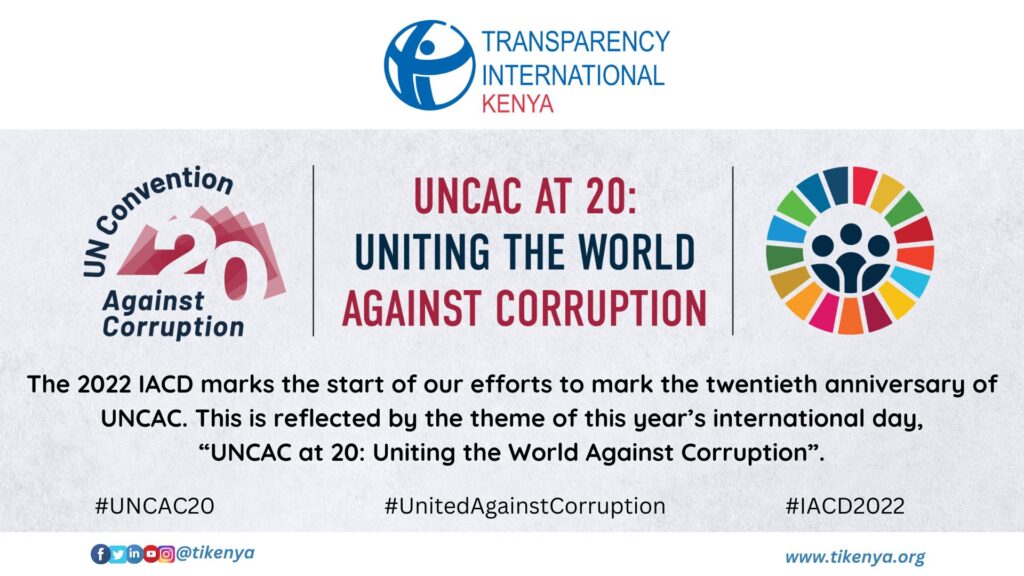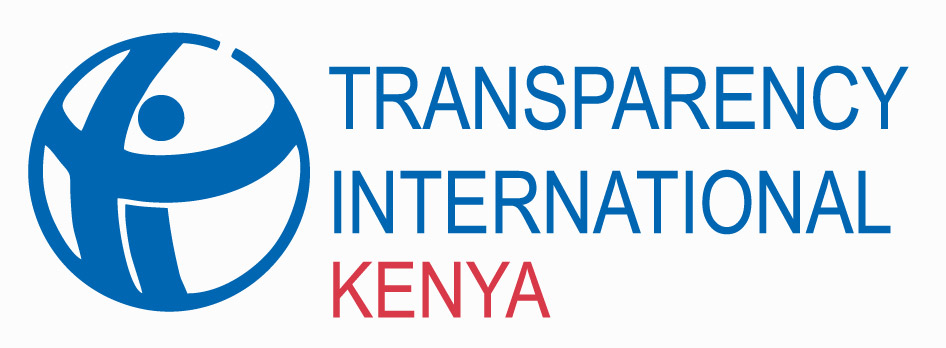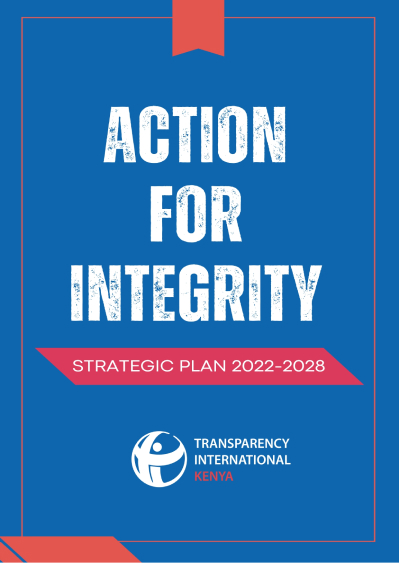 On December 9th every year, the world marks the international anti-corruption day to help raise awareness on corruption and highlight rights and responsibilities for everyone in the fight against the vice.
On December 9th every year, the world marks the international anti-corruption day to help raise awareness on corruption and highlight rights and responsibilities for everyone in the fight against the vice.
Corruption has permeated the country to the point that almost every socio-economic challenge can be linked to corruption. From the ballooning public debt, the high unemployment rate, the rising cost of basic commodities, to the unforgiving hard economy, all can be attributed to the soaring appetite for corruption because funds that are supposed to be used for public goods and services have been looted or channeled to individual use. Corruption has even assumed a monstrous character with ‘cartels’ running the show in the public and private sector unabated. Various government authorities have confirmed we are losing about one-third of the annual budget to corruption.
The 5-year trend analysis of the Corruption Perception Index by Transparency International – from 2017 to 2021 shows that Kenya’s score was 28, 27, 28, 31 and 30 respectively. In addition, Kenya’s score largely oscillated between 25 and 28 between 2012 and 2019, until 2020 when it recorded a score of 31, which dropped to 30 in 2021. This is a clear indication that Kenya has largely stagnated in the fight against corruption despite various efforts including focus on corruption investigations and enactment of anti-corruption and other accountability focused laws such as Anti-Corruption and Economic Crimes; Public Officer Ethics; Proceeds of Crime and Anti-Money Laundering; Bribery; Ethics and Anti-Corruption Commission; Access to Information acts, and public procurement and public finance management laws, among others, and various international and regional conventions on corruption that Kenya is party to. This indicates that rules, laws, conventions and institutions are not enough.
As a country, we have relied on legislative arsenal to combat graft, yet there exists an underlying culture that has allowed the ‘corruption cancer’ to fester for so long in Kenya. The returns of the 2022 general elections in which a number of individuals accused of corruption and other crimes were elected to office, and others appointed by the President, is an indication that we need to reconstruct the moral fibre of this country. Adopting and inculcating a behavioral change approach amongst citizens to promote transparency and accountability in both the private and public sphere is now imperative. We must start the behavioral change process by eschewing corrupt practices at personal level. Simple acts like refusing to give or accept ‘social lubricants’ to get things done or to be served. For instance, why give out ‘kitu kidogo’ for your services to be fast-tracked in a public office, or to get that tender contract. What manner of impatience will make a person to bribe their way to access services faster than others? We must get to a point where our conscience will bother us if we think of the consequences of engaging in corrupt practices. Think of it this way, that because of the Ksh100 bribe that a driver with an unroadworthy vehicle gave to a traffic officer, an accident occurred that claimed lives, or because someone bribes their way in court, justice is not served, or because of a kick-back of few thousands of shillings, a substandard building was constructed that eventually collapsed killing occupants. Behavior change will thus address this supply side of corruption by establishing a social contract that does not tolerate graft or participation in it.
A step in the right direction to behavior change is to instill good ethical morals, especially to the younger generation who are the future of this country. Values like integrity, honesty, responsibility and personal discipline, among others, should be taught to the ‘millennials and generation Z’, to facilitate learning and assimilation of basic good manners that will cultivate a better culture of integrity and eventually enable society to get its moral compass. A good opportunity lies in the current review of the education system, where learning on ethics and integrity needs to emphasized. We must also teach the younger generation the value of attaining wealth in a justifiable manner as opposed to the unrestrained voracity to acquire wealth, which is now prevalent in Kenya. It’s only when we inculcate such values to our children that we will be able to debunk the perverted philosophy that ‘the end justifies the means’ when it comes to accumulation of wealth and success in life.
Therefore, as we commemorate this years’ International Anti-Corruption Day, let us not just pay lip service to the war against corruption, let it be a starting point to cultivate a new public consciousness that views corruption as corrosive to the society, immoral, and unacceptable.
By Sheila Masinde, Executive Director, Transparency International Kenya

